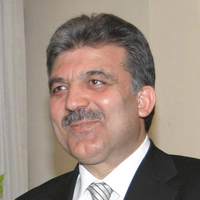The recent diplomatic crisis between Turkey and Israel is only the latest episode illustrating broader shifts in Turkey's foreign policy and international relations. A good deal of attention has been paid to renewed Turkish aspirations in Central Asia as well as efforts to engage its neighbors -- Syria, Iraq and Iran. But less-noticed has been the new, enhanced role that Turkey is playing in the Gulf region, and in particular, its growing ties with the Gulf Cooperation Council.
Turkish involvement in this area has represented one of the key features of its renewed attention to the Middle East. For many years, heeding Ataturk's imperative to "ignore" the region, Ankara contented itself with a minor role. Moreover, the region's perceptions of Turkey as the successor to the Ottoman Empire -- the non-Arab imperialistic power that dominated Arab territories for centuries -- were mainly based on historical frictions and mistrust. Turkish secularism was also mostly perceived with suspicion in the Arab world. From the Turkish point of view, there was a general sense of distrust regarding the Arabs, considered traitors for having supported Britain during World War I.
But these perceptions are now changing. A recent survey showed that Turkey's image is improving in the Arab Middle East. Turkey is rediscovering the Middle East, and the relationship with the GCC represents a fundamental step in this direction.

